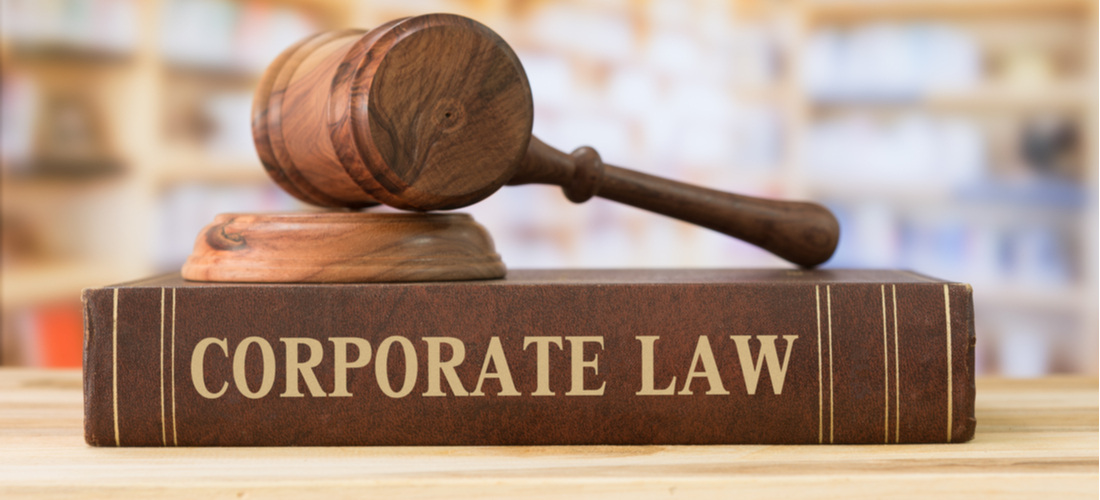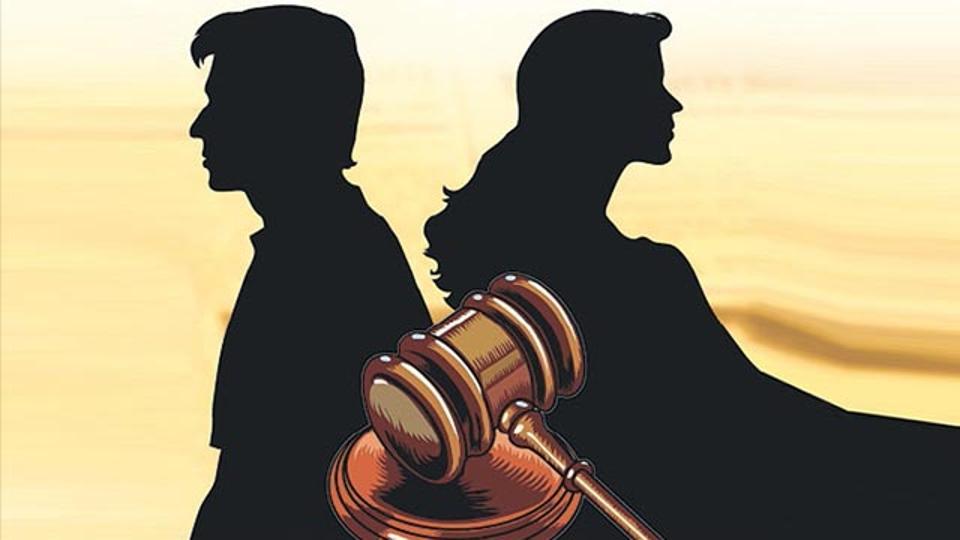Comprehending Your Legal Right When Detained
Introduction
Being apprehended can be a stressful experience, yet comprehending your lawful civil liberties can aid secure you from unreasonable therapy. Understanding what you are qualified for under the regulation makes sure that you can browse the lawful system properly and guard yourself against possible offenses of your legal rights. This write-up offers a detailed overview of your lawful civil rights when apprehended.
The Right to Stay Quiet
The Right to Stay Quiet is a crucial lawful right in India, mainly focused on safeguarding people from self-incrimination throughout criminal examinations and tests. This right is ensured under Write-up 20( 3) of the Indian Constitution, which specifies, “No individual charged of any type of crime will be urged to be a witness versus himself.” This constitutional arrangement guarantees that an implicated individual can not be compelled to incriminate themselves, strengthening the concept that an individual is assumed innocent up until tested guilty.
Trick Elements of the Right to Stay Quiet in India:
- Defense Versus Self-Incrimination: The appropriate secures a private from being forced to supply proof or make declarations that can straight result in their sentence. This consists of the right not to respond to inquiries from policemen or detectives throughout the examination, as doing so may bring about self-incrimination.
- Lawful Safeguard: This right is particularly considerable throughout authorities wardship and investigation. The Wrongdoer Treatment Code (CrPC) and the Indian Proof Act likewise secure the implicated from making uncontrolled admissions or admissions under duress. In cases where an admission is made throughout cops guardianship, it can be considered inadmissible in court if it is made without appropriate lawful safeguards, such as the existence of a magistrate.
- High Court Rulings: When it comes to Nandini Satpathy v. P.L. Dani (1978 ), the High Court of India stressed the value of the right to stay quiet, ruling that a charged individual needs to not be required to address inquiries that could bring about self-incrimination. In a similar way, in the D.K. Basu v. State of West Bengal (1997) situation, the Court made it clear that people captive can continue to be quiet and are qualified to lawful depiction throughout examining.
- Restrictions to the Right: While the right to stay quiet is important, it is not absolute. In specific circumstances, such as when an individual’s silence develops an uncertainty of regret, courts might presume that the silence itself shows a damaging reasoning. Nevertheless, the problem of showing the charged’s shame constantly resides the prosecution.
In recap, the Right to Stay Quiet in India is a vital secure versus browbeating and makes sure a reasonable test procedure, shielding people from self-incrimination while keeping the concept of justice.
The Right to Legal Depiction
The Right to Legal Depiction is a basic right in India, making sure that people have accessibility to lawful help throughout lawful process. It is an important element of the right to a reasonable test, preserved under Short article 21 of the Constitution of India, which ensures the right to life and individual freedom. This right consists of the right to lawful help and depiction in criminal and civil issues.
- Right to Advice: Under Indian legislation, an implicated individual deserves to be stood for by an attorney in criminal situations. The Wrongdoer Treatment Code (CrPC), especially Area 303, offers that a charged individual in a criminal test deserves to safeguard themselves or select a lawful expert to represent them. If the implicated can not pay for a legal representative, the state is bound to give one under the Legal Solutions Authorities Act, 1987, via State Legal Solutions Authorities.
- High Court Rulings: The High Court of India has actually highlighted the relevance of lawful depiction in many judgments. For example, in the site situation of Khatri v. State of Bihar (1981 ), the Court held that the right to lawful help belongs of the right to life and individual freedom. The Court likewise proclaimed that the state has to supply lawful depiction to indigent accuseds that can not manage personal attorneys.
- Lawful Help: The National Legal Provider Authority (NALSA) is a legal body that makes certain cost-free lawful help is offered to people from financially deprived histories. This consists of totally free depiction in court, lawful guidance, and help in accessing lawful sources.
- Civil Situations: In civil issues, while the right to lawful depiction is not clearly ensured similarly as criminal situations, celebrations to a civil conflict have the alternative to assign a legal representative. Courts usually appreciate the right to lawful depiction as a crucial element of a reasonable test.
Finally, the right to lawful depiction in India guarantees that justice comes to all, shielding the legal rights of people, specifically those that can not manage lawful solutions, therefore promoting justness in the judicial procedure.
Recognizing the Costs
Recognizing charges in India entails understanding the numerous sorts of costs, tax obligations, and prices enforced by the federal government and various other entities. Fees can put on a vast array of tasks, consisting of purchases, solutions, and items, and are classified right into various types, consisting of tax obligations, tasks, and service fee.
- Tax obligations: The federal government enforces different kinds of tax obligations to money civil services and facilities. The primary tax obligations consist of:
- Straight Tax obligations: These are tax obligations paid straight by people or companies to the federal government, such as Revenue Tax Obligation and Business Tax Obligation.
- Indirect Taxes: These are imposed on products and solutions and are gathered by middlemans prior to getting to the last customer. A significant instance is the Goods and Provider Tax Obligation (GST), which changed numerous indirect taxes like barrel, solution tax obligation, and import tax responsibility.
- Charges and Costs: Various federal government bodies, firms, and company enforce charges for numerous solutions. Instances consist of:
- Financial institution Charges: These could be for account upkeep, atm machine withdrawals, or purchase costs.
- Energy Costs: Costs for necessary solutions like electrical energy, water, and gas are imposed by public market companies or exclusive energy firms.
- Federal government Charges: These consist of costs for solutions like ticket application, licensing, and automobile enrollment.
- Customizeds Tasks: This fee is put on products imported right into the nation. Custom-mades obligations differ relying on the sort of item and the worth of the imported products.
- Charges: When people or business fall short to follow policies, they might encounter charges or penalties. These can be enforced for late tax obligation settlements, offenses of web traffic policies, or non-compliance with lawful demands.
- Solution Charges: Numerous services, specifically in the friendliness and solution fields, enforce service fee for giving particular solutions. These are occasionally optional, however in many cases, they are necessary.
Recognizing these fees is critical as they influence the price of living, company procedures, and individual financial resources in India. Recognition of these fees assists people and organizations follow lawful needs while taking care of costs successfully.
Browse and Seizure Legal Rights
In India, the legal rights concerning search and seizure are mainly regulated by the Code of Lawbreaker Treatment (CrPC), 1973, and the Constitution of India. The 4th Modification matching in India is located under Write-up 21 (Right to Life and Personal Freedom) and Short Article 20( 3) (Security versus self-incrimination).
Lawful Securities Versus Illegal Searches
- Browse with a Warrant: According to Area 93 of CrPC, policeman should get a search warrant from a magistrate prior to carrying out a search unless it drops under details exemptions.
- Browse without a Warrant: Under Area 165 of CrPC, cops can perform searches without a warrant if there is reasonable uncertainty of a criminal offense and getting a warrant is unwise as a result of seriousness.
- Seizure of Home: According To Area 102 of CrPC, a policeman might confiscate building thought to be associated with a criminal offense. Nevertheless, the specific whose home is taken deserves to test the seizure in court.
- Legal rights of the Person: If a search is being performed at a home, the owner can request the search warrant and make sure that appropriate treatments are adhered to.
- Female’s Legal rights Throughout a Browse: When browsing the properties of a female, police have to make sure that women policemans exist, and they can not perform an individual search of a lady in the lack of a women police officer (Area 100 of CrPC).
- Security Versus Illegal Browse and Seizure: If police authorities carry out a search unjustifiably or without due process, any kind of proof acquired can be tested in court under Write-up 21.
Recognizing these legal rights makes certain that people can secure themselves from approximate searches and seizures. If you think your search civil liberties have actually been breached, looking for lawful help is critical to guarding your constitutional defenses.
Bond and Pretrial Launch
After an apprehension, you might be qualified for bond, which enables you to be launched from wardship while waiting for test. Bond is established based upon:
- The intensity of the criminal activity.
- Trip threat (chance of not showing up in court).
- Criminal background.
In many cases, you might be launched by yourself recognizance, indicating you guarantee to show up in court without requiring to pay bond.
Civil Liberties Throughout Cops Investigation
Authorities might try to question you to acquire an admission or collect details. Nonetheless, you are not called for to address their concerns without lawful depiction. If you really feel forced or persuaded right into talking, you can decline till your lawyer exists.
Some techniques utilized by police consist of:
- Persuasion and mental stress.
- Using appeal handle exchange for details.
- Providing made proof.
By continuing to be quiet and asking for a lawyer, you safeguard on your own from making declarations that might be utilized versus you.
The Right to a Fair Test
The right to a reasonable test is a basic concept under the Indian Constitution, making certain that every implicated individual gets a simply and objective hearing. This right is largely safeguarded under Short article 21 (Right to Life and Personal Freedom) and Post 14 (Right to Equal Rights).
Trick Facets of a Fair Test:
- Assumption of Virtue- Every charged individual is thought about innocent up until tested guilty past a practical question.
- Open Court Procedures- Tests need to be performed in public to make sure openness, other than in unique conditions where in-camera tests are allowed.
- Right to Lawful Depiction- Every person can be protected by a legal representative of their selection. If they can not manage one, the state needs to offer cost-free lawful help under Short article 39A.
- Right Versus Self-Incrimination- No charged can be compelled to affirm versus themselves based on Short article 20( 3 ).
- Right to Cross-Examine Witnesses- The implicated deserves to inquiry and test the proof offered by the prosecution.
- Right to a Quick Test- Hold-ups in test procedures can breach the basic legal rights of an implicated, and courts are anticipated to make sure prompt justice.
Guaranteeing a reasonable test maintains justice and protects against wrongful sentences. If an implicated individual thinks their right to a reasonable test is being breached, they can look for redressal via greater courts.
Effects of Standing Up To Apprehension
If you think you are being wrongfully jailed, do not withstand. Standing up to apprehension can result in service charges, even if the initial apprehension was unjustified. Rather:
- Abide by police guidelines.
- Stay tranquility and considerate.
- Look for lawful option via the appropriate networks.
You can test the validity of your apprehension later on with lawful depiction, yet withstanding currently can complicate your situation.
Verdict
Comprehending your lawful civil liberties when apprehended encourages you to deal with the circumstance sensibly. Recognizing when to stay quiet, asking for lawful depiction, and understanding search and seizure regulations can stop infractions of your civil liberties. If apprehended, continue to be tranquil, exercise your legal rights, and look for lawful help immediately to make sure fair treatment under the legislation. By being educated, you can secure on your own and browse the legal process better.




